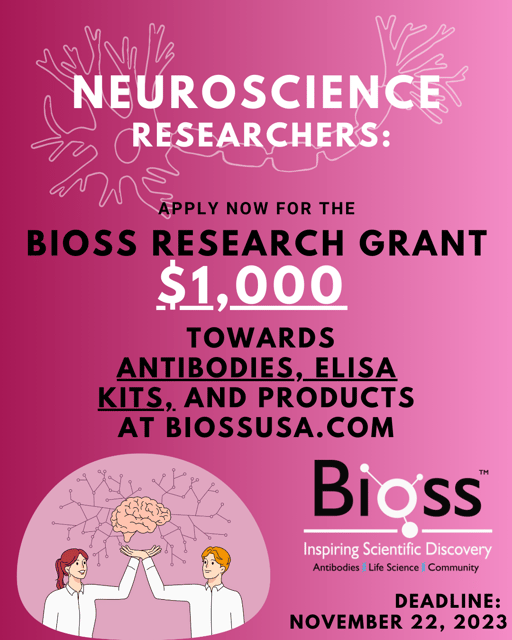Alzheimer's disease, an irreversible and progressive brain disorder that erodes memory and thinking skills, strikes immense fear in the hearts of many as they age. According to the Alzheimer’s Association, it currently affects more than 6 million Americans, with an expected increase due to an aging population. Though we’ve made progress, there's much still to understand and unravel in the fight against Alzheimer's.
The Food and Drug Administration (FDA) has approved a limited number of medications for treating Alzheimer's symptoms. These medicines, including Donepezil (Aricept), Rivastigmine (Exelon), and Memantine (Namenda), attempt to manage cognition decline and the behavioral symptoms of dementia. This summer, however, the FDA granted accelerated approval for a controversial drug called Aducanumab, marketed as Leqembi, designed to reduce the presence of amyloid plaques in the brain that are a signature of Alzheimer’s disease. While medical experts continue to debate its efficacy and cost, Leqembi promises the potential to tackle the rudiments of Alzheimer's rather than just mollifying its symptoms.
Despite these promising developments, treating Alzheimer's proves enormously challenging. The complexity of the disease extends beyond memory loss, involving profound alterations in brain structure and function. Alzheimer’s is now understood to begin silently in the brain for up to two decades before any symptoms become apparent. Genetic, environmental, and lifestyle factors influence its onset and progression, complicating efforts toward a unified, effective treatment.

Click here to see our updated list of Neurodegenerative Disease Antibodies
If you are interested in learning more about Alzheimer's Disease or looking for resources, check out the Massachusetts Alzheimer’s Disease Research Center.
Clinical trials for potential Alzheimer's therapies often fail due to a lack of patient responses or severe side effects. Families often grapple with the complexities of the disease, its prognosis, and its mythologies, making them wary of engaging in experimental treatments. There also exists a profound trust deficit in healthcare systems, coupled with logistical challenges such as access and affordability, which present significant barriers to greater involvement.
Despite the daunting challenge, the goal remains clear: to develop treatments that not only manage the symptoms but also slow or halt the progression of the disease. Achieving this would significantly alleviate the heavy emotional and financial burden on patients, families, and healthcare systems.
Deciphering the tangled puzzle of Alzheimer's is not merely a scientific challenge; it's a race against time, affecting the lives and dignity of millions of people. Advances in neuroimaging and genetics have significantly propelled our understanding of the disease's mechanism, revealing potential drug targets. Moreover, technological strides have facilitated the development of digital biomarkers and AI-based tools aiding early detection and personalized therapy.
The journey towards an Alzheimer’s-free world is an uphill battle. Still, however small, every step forward peels back a layer of the mystery surrounding this complex disease. With perseverance matched with scientific innovation, we are steadfast in our hope that the future might bring not just treatments but a cure.

Sources:
- https://www.alz.org/alzheimer_s_dementia
- https://www.fda.gov/news-events/press-announcements/fda-grants-accelerated-approval-alzheimers-drug
- https://www.ncbi.nlm.nih.gov/pmc/articles/PMC4967101/
- https://www.ncbi.nlm.nih.gov/pmc/articles/PMC6513462/
